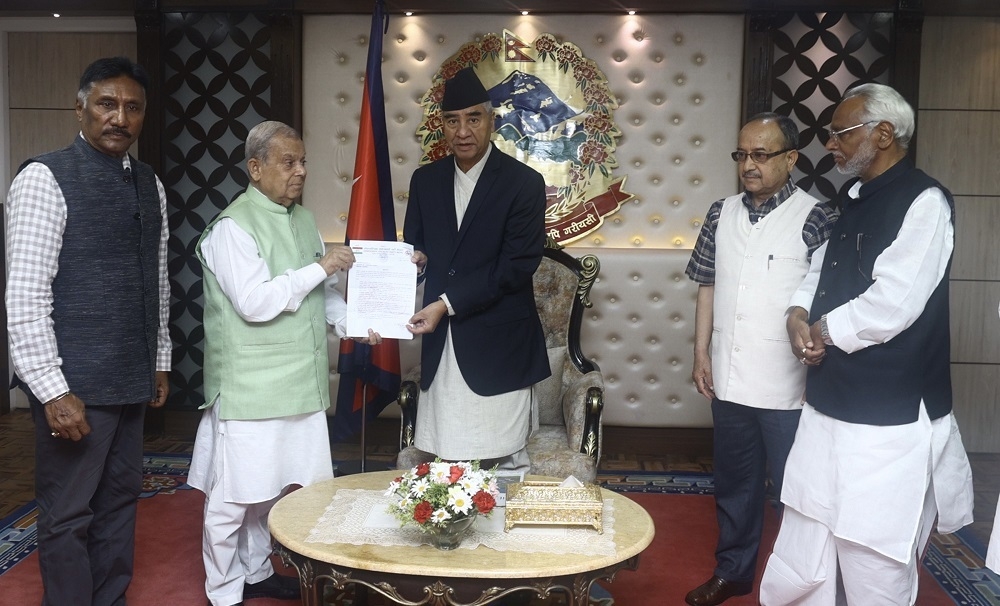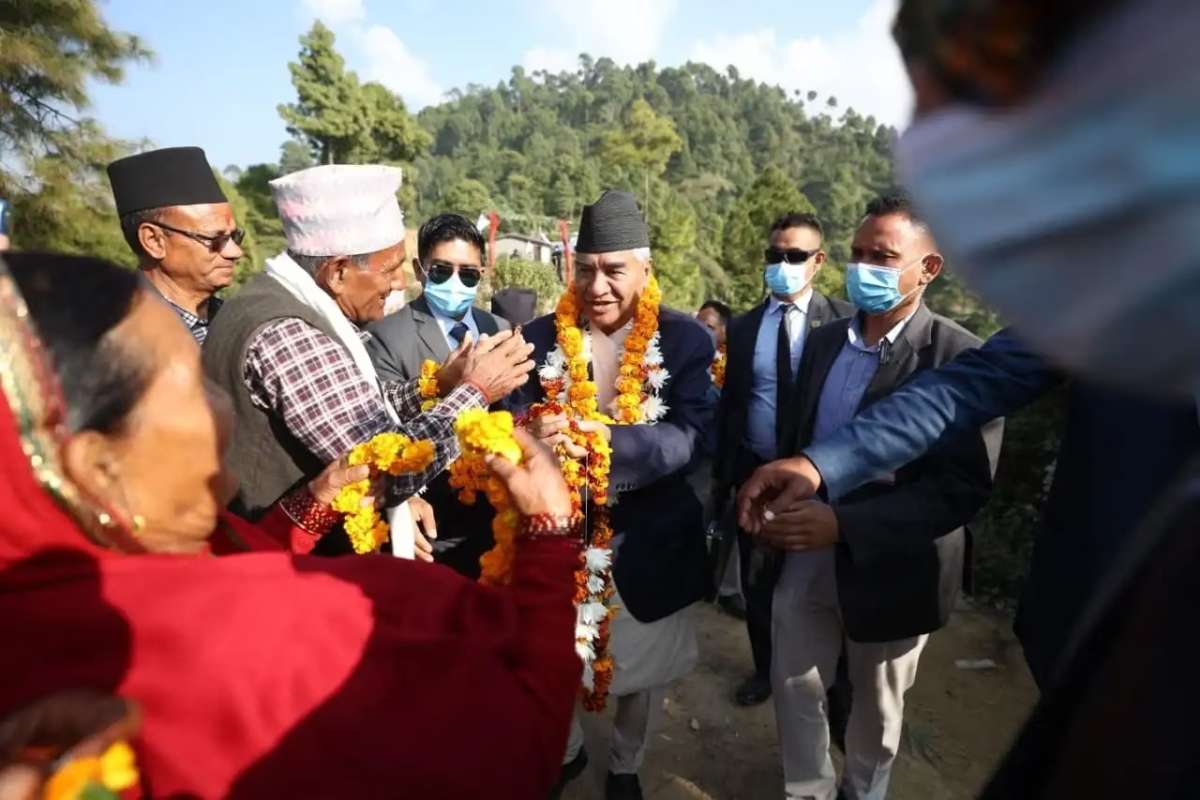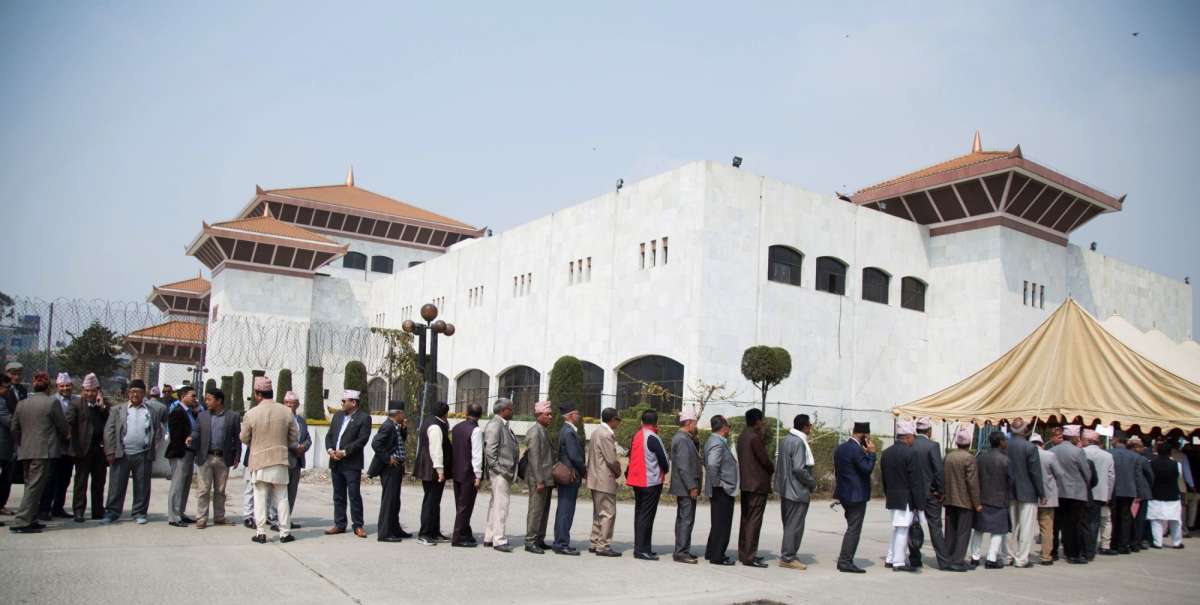
Ruling Nepali Congress emerges as largest party
The update revealed that the CPN-UML secured 44 seats followed by CPN (Maoist Centre) with 18….reports Asian Lite News The ruling Nepali Congress led by Prime Minister Sher Bahadur Deuba has emerged



